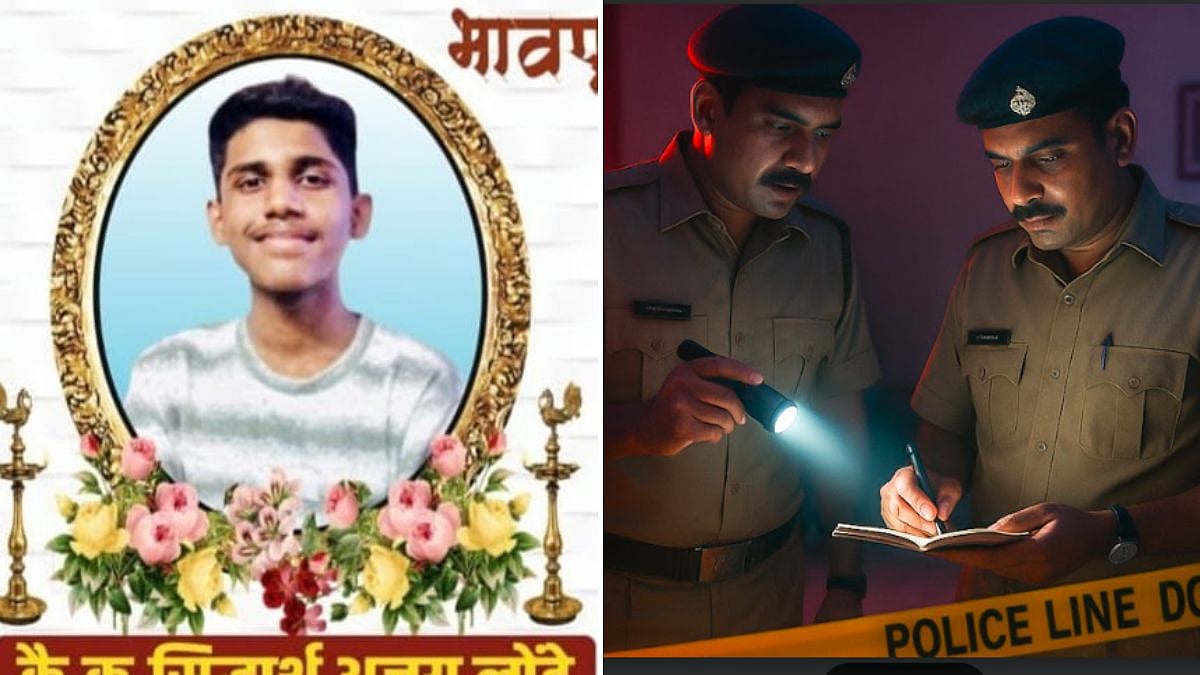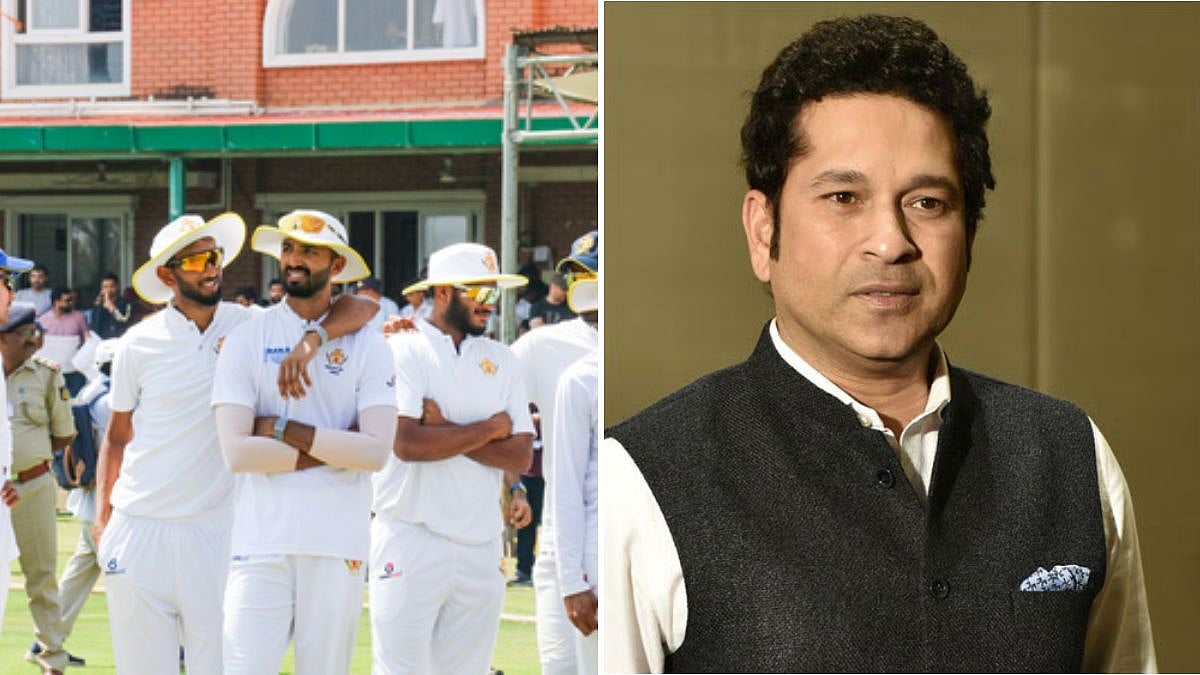New Delhi: Kindle Direct Publishing, a digital self-publishing service by e-commerce giant Amazon, took the literary world by storm in 2007 when it gave writers the liberty to publish their own work to a global readership. Thirteen years later, its India leg sees almost 100 authors with an income of $5,000, and a shrinking distance between creator and consumer.
"There's an inherent desire in people to write and create across categories. When a service makes it easier for people to get rid of this notion that it's a daunting task to get a creative piece of work to the end consumer, the greater the adoption is.
"Currently, there are about 98 Indian authors who derive an annual income of USD 5,000," Amol Gurwara, Country Manager, Kindle Content India, Amazon told IANSlife.
While self-publishing has not been considered the best of practices traditionally, self-published authors like Sundari Venkatraman and Sudha Nair are going beyond the narrative and tapping into a content-hungry, online readership.
Nair won the inaugural edition of Amazon's pen-to-publish contest, a cross-genre contest for newly published work. It has seen double the entries than last year, said Gurwara, and added that Amazon wants to promote newer, smaller authors.
However, for most of over a lakh Indian authors on the Kindle platform today, the climb up remains competitive.
"Big names like Chetan, Amish have penetrated deep into the Indian customer's mind space. For smaller authors, a service like Amazon makes sure you have every chance of being discovered.
"There's no notion of limitation based on physical display or storage space, it's a searchable technology service, and we can make recommendations based on the affinities customers have. It aids discovery. Our success would lie in these budding authors getting featured in bestsellers lists."
The wider adoption of e-books and newer authors, also lies in removing steps for those authors at a systemic level. As per the Amazon spokesperson, not having to approach multiple publishers with a manuscript, and being turned down, as it happened at first with many famous authors, puts the creator back in the spotlight.
Apart from English and Hindi, the platform allows authors to write in few regional languages -- Tamil, Malayalam, Gujarati and Marathi. With a desire to include more languages under its fold, Amazon aims to lead in both the creation and consumption parts of e-books.
Is this, then, an age of digital convergence?
"In terms of creators being armed with the right tools, and less amount of gates they need to go through to reach the end consumer, absolutely. This the day and age to be a creative person, it has always been, but it is super simple now, across media content. The creator and the consumer are as close than they have ever been," Gurwara signed off.





